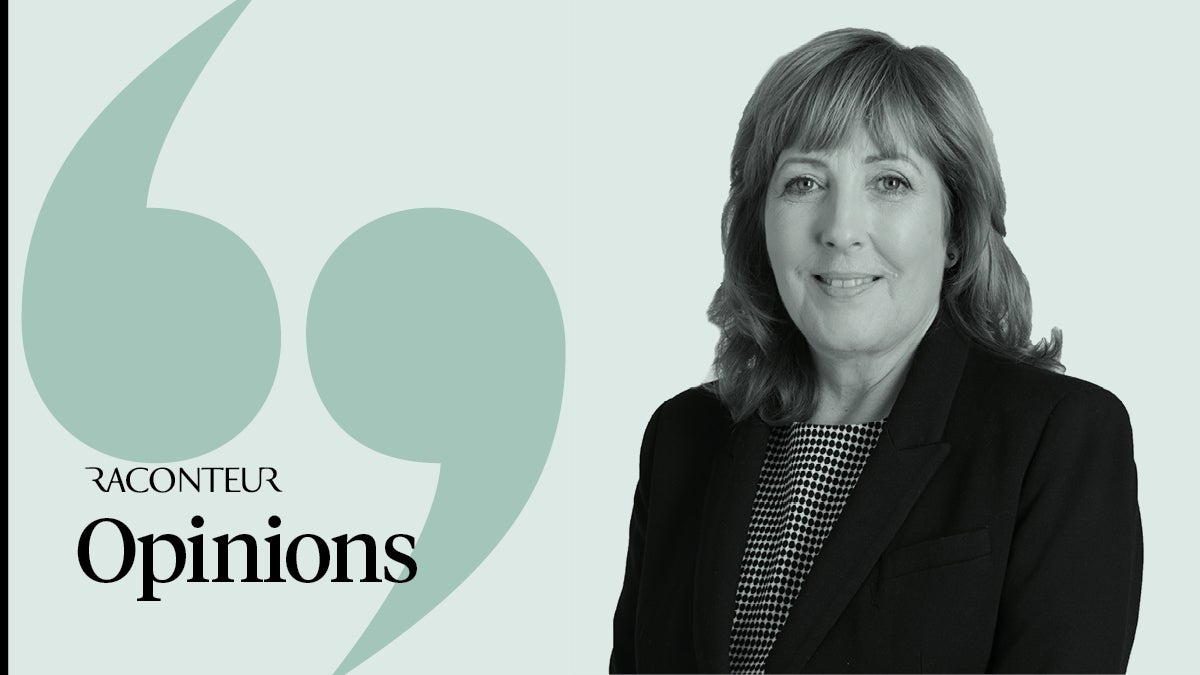
In 2020 we find ourselves facing a culmination of global crises: the climate emergency, growing economic inequality and the coronavirus pandemic. As we work to build back better, a growing chorus of voices is now calling not simply for a regeneration of the status quo, but for a new more people-centric economic and societal model, fit for the 21st century.
Key to this is respect for human rights, the promotion and protection of which is already enshrined in international law.
Just as for all businesses, institutional investors have a responsibility to respect human rights. Yet, despite this expectation being formalised by the United Nations (UN) and the Organisation for Economic Co-operation and Development (OECD) nearly ten years ago, there is still a significant implementation gap.
At the Principles for Responsible Investment, a UN-supported initiative with more than 3,000 global investors representing over $100 trillion in assets, we believe the time has come for institutional investors to raise the bar on respect for human rights.
COVID-19 put social issues on the agenda
In the past, social issues have often been treated by investors, corporates and governments alike as the black sheep of the environmental, social and governance (ESG) family, consistently passed over in favour of environmental and governance themes, which can often be more tangible and easier to measure.
However, the pandemic has brought social issues to the fore, highlighting and in many cases exacerbating them. Issues such as workers’ rights, health and safety, forced labour and employee relations, to name a few, are now firmly on the radar of global investors. These are all, at their heart, human rights issues.
Interest in social issues, or human rights issues, was already beginning to grow in the past few years and the pandemic has only served to accelerate and increase the urgency of this trend.
Responsible investment continues to evolve
In fact, this growth in recognition of social issues parallels a wider acceleration in ESG investing and both a mainstreaming and maturing of responsible investment philosophies and practices. While there is much more to be done on this agenda, for the first time investors are beginning to widen their focus and thinking on sustainability.
We’re now seeing a shift from investors thinking purely from a risk-and-return standpoint to also considering their role in driving real-world outcomes and ultimately the impact of their portfolios on the wider world; the world in which we all live and the world in which the members of their pension funds will retire. This, critically, includes consideration for human rights in line with the UN Guiding Principles (UNGPs) on Business and Human Rights and to help achieve the UN Sustainable Development Goals.
Human rights are material
Even for those investors not yet making the leap to shaping outcomes, the materiality of many human rights concerns, even by the narrowest definition, is undeniable. The price is high for the many companies which have miscalculated human rights risks on lack of materiality grounds.
In addition, there is increasing momentum in governments championing human rights and embedding their expectations of investors in hard law and regulation. With further regulation on human rights due diligence in the pipeline, and policy-making converging around the UNGPs and OECD standards, investors must future-proof their approach to ESG issues now by implementing these frameworks.
The climate emergency, decades of widening economic inequality and the COVID-19 crisis are all drawing focus on investors’ behaviour. As a result, expectations from employees, beneficiaries, clients, governments and wider society are continuing to grow. It’s becoming increasingly clear that respect for human rights is not only a “nice to have” or the “right thing to do”, but is a material consideration, critical to investors to more effectively and proactively manage a range of complex ESG issues.

In 2020 we find ourselves facing a culmination of global crises: the climate emergency, growing economic inequality and the coronavirus pandemic. As we work to build back better, a growing chorus of voices is now calling not simply for a regeneration of the status quo, but for a new more people-centric economic and societal model, fit for the 21st century.
Key to this is respect for human rights, the promotion and protection of which is already enshrined in international law.
Just as for all businesses, institutional investors have a responsibility to respect human rights. Yet, despite this expectation being formalised by the United Nations (UN) and the Organisation for Economic Co-operation and Development (OECD) nearly ten years ago, there is still a significant implementation gap.
